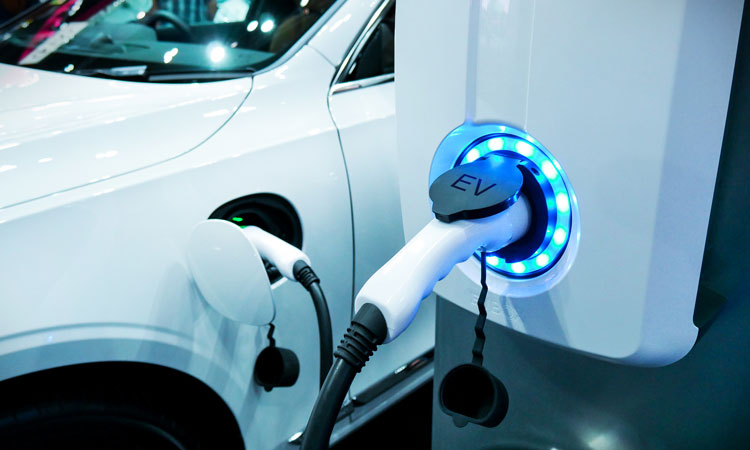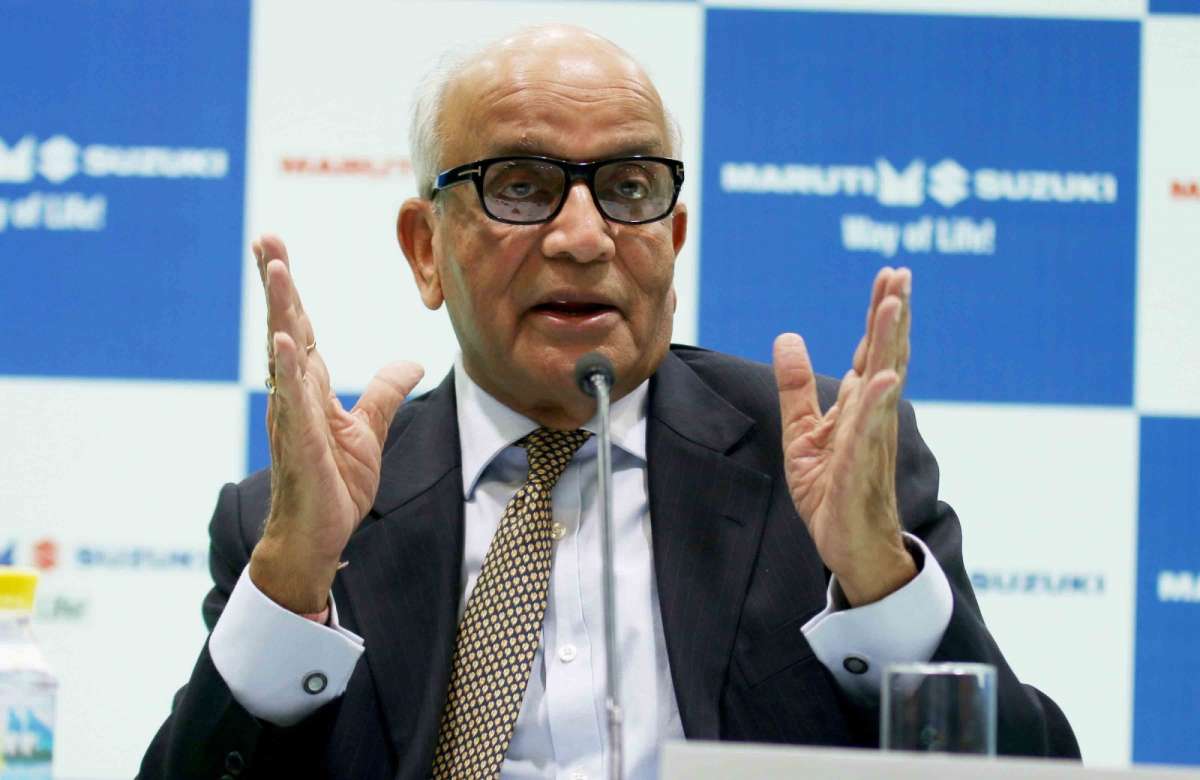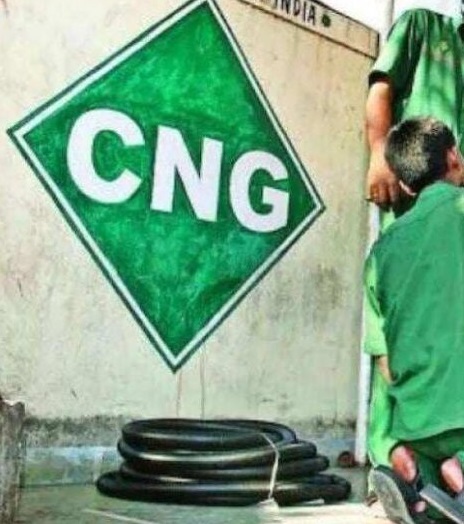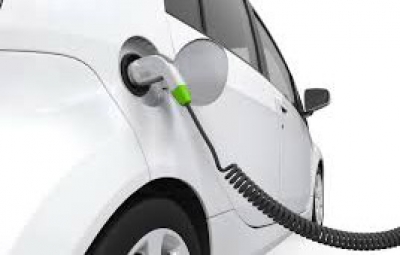In India, owning electric scooters and three-wheelers is currently $40 to $112 cheaper per year compared to petrol alternatives, when considering the total cost of ownership…reports Asian Lite News
The mobility sector in the emerging markets of South and Southeast Asia could absorb up to $1.3 trillion in green capital by 2030 and India holds the future, a new report said on Friday.
In India, electric scooters and three-wheelers are currently around $40- $112 cheaper per year to own than petrol alternatives based on the total cost of ownership.
The report, prepared by LeapFrog Investments, Temasek, Mahindra Last Mile Mobility Limited and Battery Smart, mentioned that 70 per cent of electric three-wheeler buyers in India are low-income, first-time buyers.
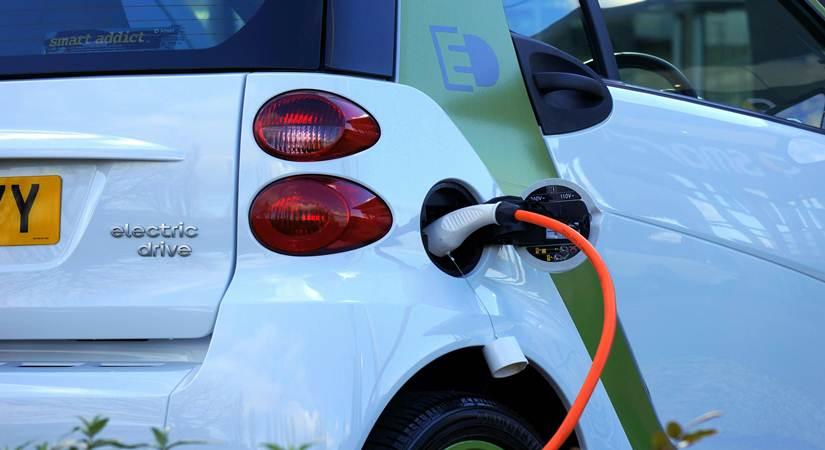
Mobility emissions represent 10 per cent of total GHG emissions across Asia, but 25 per cent of Europe’s emissions and 30 per cent of the US, making rapid electrification critical to avoid a spike in emissions as incomes in emerging Asia rise, the report said.
“The electric mobility revolution across high growth markets is gathering pace. We have identified a $1.3 trillion opportunity for the private markets and impact investment community to transform our global transportation future,” said Souleymane Ba, Partner and Co-Head of Climate Investment Strategy, LeapFrog Investments.
An increasingly efficient network of battery swapping stations, supported by interoperable battery systems across vehicle manufacturers, has dramatically improved re-fueling infrastructure for EVs.
Improved charging/refueling infrastructure is making EV ownership particularly attractive for commercial users. In India, EVs now account for an estimated 20 per cent of three-wheeler last-mile transportation (passenger and cargo) fleets.
Dr Steve Howard, Vice Chairman, Sustainability, Temasek, said that the technology improvements and business innovation they are seeing in emerging Asia’s EV sector, when coupled with enabling policies and substantial investments, “hold tremendous promise for transformative impact at pace and at scale”.
Suman Mishra, MD and CEO, Mahindra Last Mile Mobility said they remain committed to supporting India’s journey towards reduced carbon emissions by providing sustainable and cost-effective solutions.
India is already the world’s largest electric three-wheeler market and is uniquely positioned to achieve full electrification of the category.
With nearly four million electric vehicles (EVs) sold in India cumulatively by March this year, the market is in the midst of an explosive growth phase and will become a major power consumer, a report said on Thursday.
From merely 1.3 lakh EVs sold in 2020, an estimated 1.6 million EVs were sold in the country in 2023, which is a sizeable compounded annual growth rate of 133 per cent in the last three years.
For the same period, the share of petrol vehicle sales of total vehicle sales reduced from 86 per cent in 2020 to 76 per cent in 2022, with diesel vehicles share remaining relatively flat at 11-12 per cent, according to a report by OmniScience Capital.
India has set an ambitious target of 30 per cent EV penetration by 2030, supported by government subsidisation and EV-Infra schemes such as FAME India (Faster Adoption and Manufacturing of Electric Vehicles) which aims to provide subsidies to EV customers, and PLI (Production Linked Incentive) schemes to boost domestic manufacturing of EVs and EV components.
In addition, with fossil-fuel prices rising and global EV battery prices expected to keep falling till 2030, the total cost of EV ownership – which is already the lowest compared to its petrol, diesel and CNG peers – would fall further.
This increasing cost effectiveness compared to traditional vehicles will be the primary factor that drives EV adoption in India in future.
“With an anticipated total power consumption of approximately 100 TWh by 2030, EVs have the potential to rank among the nation’s single largest power consumers,” said Vikas Gupta, smallcase Manager and CEO at OmniScience Capital.
The power sector in India has witnessed a major turnaround post-Covid, with power consumption growing at an annualized rate of nearly 10 per cent from FY21 to FY24 which is expected to continue till 2030.
The growth in power consumption will be in sync with India’s nominal GDP growth which is expected to cross $7 trillion by 2030, the report mentioned.
The data centres’ market in India is also expected to grow exponentially as data protection and localisation is prioritised.
ALSO READ: India’s Garment Exports Top $6.4B
